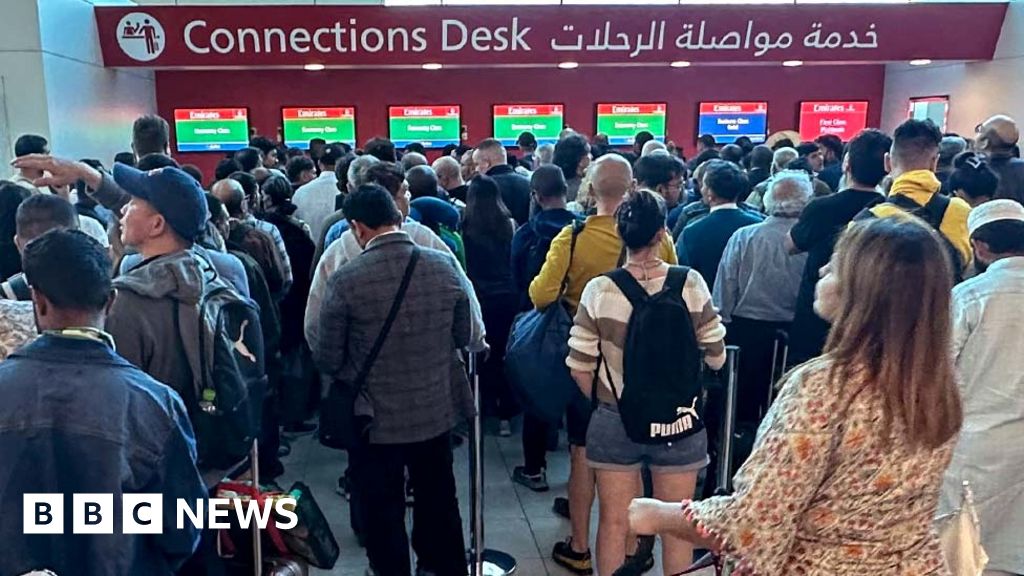Americans know they should save for an emergency — we just don’t do it. Only 4 in 10 people say they could cover a $1,000 emergency expense without resorting to credit cards, according to a recent Bankrate survey.
Blame psychology.
“It’s so much easier to do the right things in the future: We’ll sign up for the gym next month, we’re going to eat properly tomorrow,” Shlomo Benartzi, a behavioral economist and founder of PensionPlus, told CBS News.
That’s on top of the somewhat complicated nature of opening a bank account to begin with — doing the research to know which account is best, and where to go to open it, he added.
The good news for hesitant savers, who might balk at the idea of putting away $150 a month into an emergency fund, is that sometimes a small shift in perspective is all that’s needed.
Benartzi demonstrated this in a research paper he co-authored with the microsaving app Acorns where researchers asked participants if they wanted to save $5 a day, versus $150 a month. Both options add up to the same amount.
However, he said, “We found out if we call it $5 a day, rather than actually $150 a month, that way of thinking about it make people four times more likely to save.”
The paper dovetails with other research showing that small changes in incentives can dramatically change people’s ability to save. For instance, employers have found that when they automatically enroll workers to contribute into a 401(k) plan, rather than require employees to proactively enroll on their own, retirement savings rates go up.
As Benartzi wrote in a recent op-ed, “[M]any people will begin saving if it both takes our psychological barriers into account and involves minimal effort.”
Windfall economics
Benartzi shared some other tips to get around the psychological tendency to underplan for the future.
“It’s also very difficult to save unless we get a windfall,” like a bonus or a pay raise, he noted.
But that means people can boost their savings by planning around these windfalls. For instance, someone who gets a bonus could put away some of the bonus.
Workers who are paid biweekly will have two months in the year when they get three paychecks. Those workers can plan to save some of the third paycheck, he noted.
And a final tip for employers coming up with ways to help savings: Stay away from percentages or decimal points, which don’t jibe with the human brain. Instead, think in terms of cents on the dollar.
“People are not good with percentages. If we tell people to save a couple of pennies for every dollar they make, they find it easier to save then talking about percentages and decimal points and things of that flavor,” he said.















































